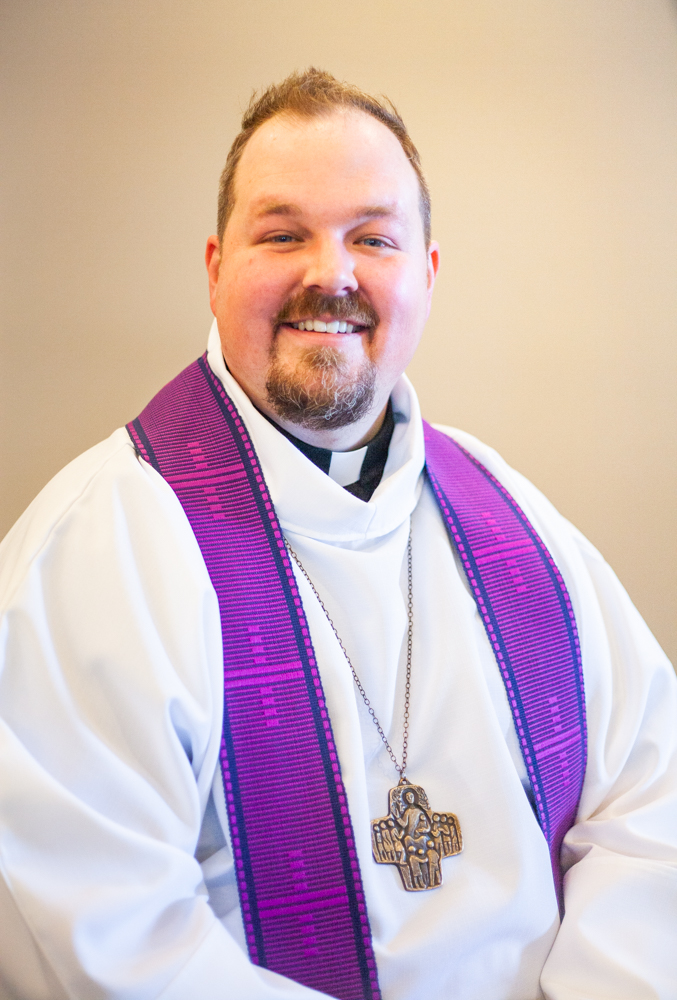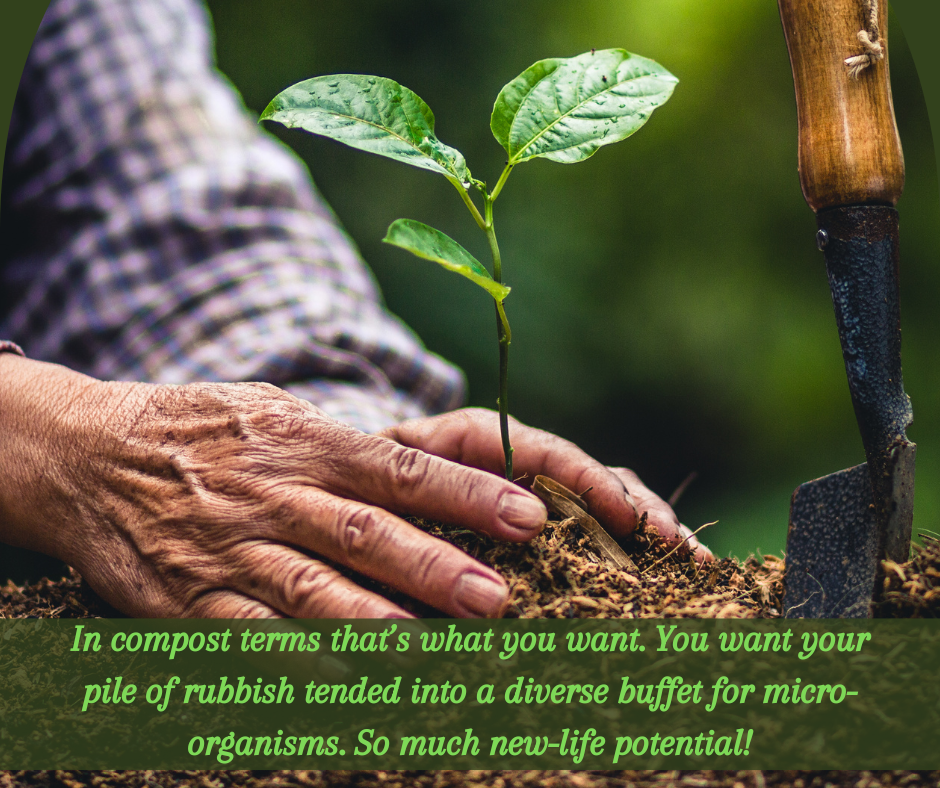Co-missioners,
Assorted musings led me this week to an old Good Friday hymn that I recall from my childhood. Written by John Ellerton, a nineteenth-century Church of England cleric, it featured one of those first-line titles that tends to stick in a boy’s memory. “Throned Upon the Awful Tree”—thus Ellerton. The later editors of the Missouri Synod hymnal I grew up with, perhaps anticipating the reactions of parochial school children, changed his “awful” to “awe-full,” but still, the effect remained. It was enough, apparently, to keep the hymn from making the cut in subsequent U.S. Lutheran hymnbooks. This week I think that’s too bad. On reading through the hymn a couple of days ago I discovered what the boy completely missed. Ellerton delivers a taut and gripping meditation on St. Mark’s account of Jesus’ cry of dereliction (15:34). He also draws a benefit-for-us from this searing detail of our Lord’s Passion and invites us all to put it to use.
It’s with the latter particularly in mind that we feature Ellerton’s hymn as Part One of today’s post. You won’t encounter it at church tomorrow—again, more’s the pity. You’ll be glad, we think, for having stumbled across it here.
Part Two of this post is intriguingly tied to the first, at least for me. I once preached a sermon in which I applied a twist to my boyhood recollection of Ellerton’s title. Think, said I, of Jesus as “throned upon the Offal Tree.” Two months ago while we were still in the Epiphany season, I heard Pr. Shaun O’Reilly of Faith Lutheran in Reno, Nevada invite participants at a Crossings seminar to think of God as a composting gardener and of the Christ-trusting likes of us as the fertilizer he uses to refresh the world. Here was an earthiness I couldn’t help but resonate to. So will you, perhaps. I thank Shaun for him permission to share this reflection with you. It’s relevance to the matters before us in Holy Week will be unmistakeable.
May God use these days to enrich us all in faith and hope and love, to say nothing of our holy imagination.
Peace and Joy,
Jerry Burce, Editor,
for the Crossings Community
__________________________________________________________________
I.
A Good Friday Hymn
by John Ellerton (1826-1893)
Throned upon the awful tree,
King of grief, I watch with Thee;
darkness veils Thine anguished face,
none its lines of woe can trace,
none can tell what pangs unknown
hold Thee silent and alone.
Silent through those three dread hours,
wrestling with the evil pow’rs,
left alone with human sin,
gloom around Thee and within,
till th’appointed time is nigh,
till the Lamb of God may die.
Hark that cry that peals aloud
upward through the whelming cloud!
Thou, the Father’s only Son,
Thou, His own Anointed One.
Thou dost ask Him- can it be?
“Why hast Thou forsaken Me?”
Lord, should fear and anguish roll
darkly o’er my sinful soul,
Thou, who once wast thus bereft
that Thine own might ne’er be left-
teach me by that bitter cry
in the gloom to know Thee nigh.
+ + +
II.
A Homily on Psalm 147:1-11, 20c
by the Rev. Shaun O’Reilly
The text—
1 Praise the LORD! How good it is to sing praises to our God; for he is gracious, and a song of praise is fitting. 2 The LORD builds up Jerusalem; he gathers the outcasts of Israel. 3 He heals the brokenhearted, and binds up their wounds. 4 He determines the number of the stars; he gives to all of them their names. 5 Great is our Lord, and abundant in power; his understanding is beyond measure. 6 The LORD lifts up the downtrodden; he casts the wicked to the ground. 7 Sing to the LORD with thanksgiving; make melody to our God on the lyre. 8 He covers the heavens with clouds, prepares rain for the earth, makes grass grow on the hills. 9 He gives to the animals their food, and to the young ravens when they cry. 10 His delight is not in the strength of the horse, nor his pleasure in the speed of a runner; 11 but the LORD takes pleasure in those who fear him, in those who hope in his steadfast love. 20c Praise the LORD!
Blessed Epiphany season to you! And blessings on our fast-approaching season of Lent.
Both of these seasons of the church fit with our psalm today, Psalm 147. Because in this Psalm there is the activity of God that to me sounds like God as Gardener. Gardener of Epiphany. Gardener of Lent.
And the reason is that all the actions here, all the verbs of the “Doer”—God—are like this:
God is Building up, Gathering, Healing, Binding Up, Lifting, Covering, Preparing, Making to Grow, Delighting.
The way I see it, God in this psalm is praised as a delightful master gardener, or even a composter. That makes sense. It’s likely this is a song remembering exile and responding gratefully to God for calling people back, gathering them, and renewing their life and spirit.
We can preach that these are always the activities of God, but notice this particular song from the hearts of a people broken and oppressed—You bind us up!
For the outcasts and the downtrodden, the broken and oppressed, God slaps on overalls and gloves. God gets to building, and healing, and making to grow. I am picturing a pitchfork, and someone turning over the compost.
The downtrodden ones of exile needed to hear and to sing of a God like this, that restores the broken, and can imagine life out of the rubble, a God that can turn death over into life. But how about us? We’re delivering God’s goods. Surely, we don’t need to be stamped down as compost! Do we have rotten bits that need to decompose and be amended into something new?
My friend, Fred Niedner, keeps telling me: “Oh yes.” This is essential for all Christ followers. Jesus becomes food for the hungry. And what else would we, his followers, become other than food for the hungry?
In compost terms that’s what you want. You want your pile of rubbish tended into a diverse buffet for micro-organisms. So much new-life potential!
Oh Yes, you and I, all of us, need God, our composter. We need God near us in Epiphany because of the light, and the way this One turns over what is hidden to be exposed—for its own good and the good of the soil—exposes it to the air and the light of day. And we all need God, our composter, near us as Lent approaches. We might even wear dust on our foreheads and try to remember this truth of what we are.
If we need companions on the road of singing from the dirt, we have this Psalm. Even the deliverers of God’s good news can acknowledge: we, too, know what it means to weep, to lament, to grieve our losses and the sin within us and around us. Yes, even preachers and pastors and leaders can say with the rest of the lowdown, I too am dust. And I will be dust.
That is me, at least. In honesty, I am not some delightful running stallion of a pastor. I am not the fastest finisher in the marathon of faith. In this psalm I am more like the downtrodden, crying, my God—I need Your Goods. I need binding up. Without you, there is just this dusty death.
And, my friends of fertilizer, hear the good news of the psalm again:
God does not delight in the strength of the horse, or in the speed of the runner.
God takes pleasure in those who fear God, those who hope in God’s steadfast love.
This is a love so wide God sends us Jesus, food for the hungry.
And there it is! We are hopeful humus! We are dung delivered! By the grace of God in Christ, we are saved in our deaths. God turns over compost for the garden!
My last point: I’m not saying this is easy.
It is not easy to be laid this low and wait for our transformation, singing the canticle of the turning and waiting for this world to be turned over. Crying out: God, turn this world around! But if even the rocks will cry, then so can you and I. This One is gathering, healing, lifting up, making to grow. Delighting in us.
It is that, once again, God has looked with favor on the lowliness of God’s servant! And so you can sing with Mary. You can sing with the faithful of Psalm 147, again on this new day:
Here we lie. Redeemed materials for the redemption of the world. Praise ye the composter!
Thursday Theology: that the benefits of Christ be put to use
A publication of the Crossings Community






You must be logged in to post a comment.